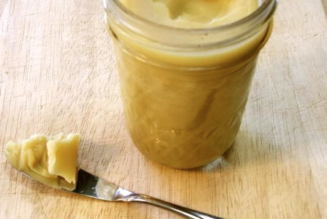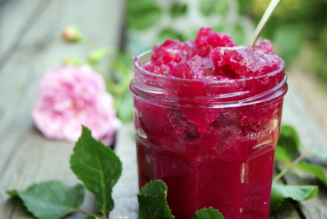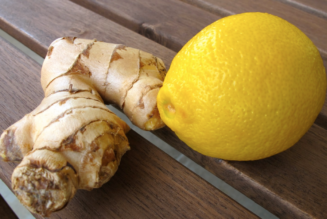“That Which Purifies The Earth.”
Neem – A Powerful Purifying and Detoxifying Herb
Neem is a tree that grows in the tropical regions of India. It is widely used and an extremely popular ayurvedic skin herb. The name ‘Neem’ is derived from the Sanskrit name ‘Nimba’ and is its common name. In India, all parts of the neem tree are used and can be fashioned into decorative objects as well as for medicinal purposes. Neem is one of the most powerful blood purifying and detoxifying herbs. It is an effective anti-inflammatory and also has antibacterial, antifungal, antihelmintic and antiseptic properties. It works as an active antacid as well as encompassing alterative, hypoglycaemic and antipyretic effects.
Some of the many ayurvedic actions that Neem possess include; preventing skin diseases and itching, healing wounds, destroys poisons, alleviates fever and burning sensations, purifies the blood and absorbs fluids from the colon. It is frequently used in body care products, such as soaps, shampoos and toothpaste for its cleansing properties. As Neem is an especially light, drying and cooling herb it is contraindicated in cases of excess coldness and emaciation in the body. Therefore its use must be properly monitored.
Properties:
Neem is a light, dry herb and has a bitter taste with a cooling effect in the body. Its post digestive effect is pungent and it works especially well on the circulatory, digestive, reproductive and urinary systems. Because of its cooling nature, Neem is particularly effective in cases of excess heat in the blood.
GREAT VIDEO ON THE BENEFITS OF NEEM BY DR. JOHN DOUILLARD
Some indications, amongst others, include:
· Eczema
· Psoriasis
· Acne
· Urticarial
· Ringworm
· Scabies
· Lice
· Fungal and bacterial infections
· Infected sores
· Intestinal inflammation
· Hyperacidity
· Ulcers
· Colitis
· Crohns disease
· Candida
· Diabetes
· Gingivitis and oral hygiene
· Fevers
· Uterine inflammatory disorders
Usage:
There are many combination compounds that involve Neem to address certain conditions. Some being:
· Neem with turmeric, manjistha, brahmi, guduchi for inflammatory skin conditions
· Neem with black pepper and castor oil for fevers with ama
· Neem, kutki, licorice, haritaki and amalaki for intestinal inflammation
· Neem with myrrh and tea tree oil for gingivitis
Disclaimer:
This is strictly for educational purpose and is not considered medical advice.
Always first seek advice from your primary care physician and a qualified holistic professional.
References
· Lad, V. (1999). The complete book of Ayurvedic home remedies.
· Sharma, H. (2011). Ayurvedic Healing. Singing Dragon
· Lad, V. (2002). Textbook of Ayurveda.
· Lad, V., & Frawley, D. (1986). The yoga of herbs
· Pole, S. (2013). Ayurvedic medicine the principles of traditional practice
· Green, J. (2000). The herbal medicine-makers’ handbook a home manual
· Lad, V. (2012). Ayurvedic perspectives on selected pathologies
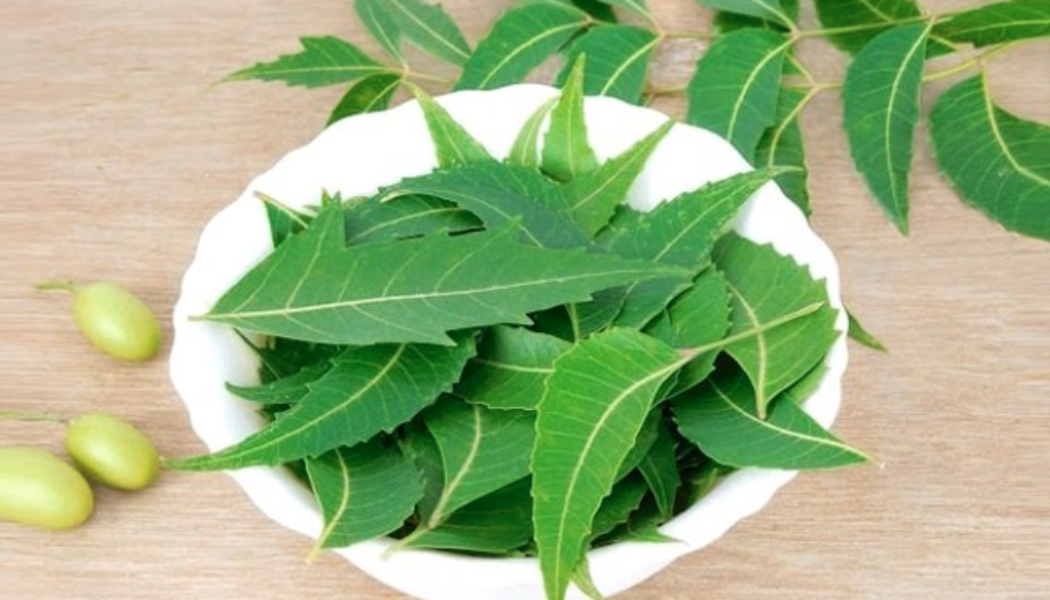
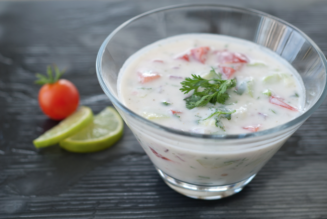
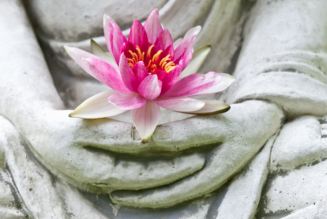
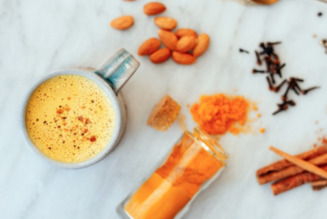
![Female Health: Amenorrhea [cessation of menses] – An Ayurvedic Perspective](https://healthyayurveda.com/wp-content/uploads/2015/07/1.-Amenorhea--327x219.png)

